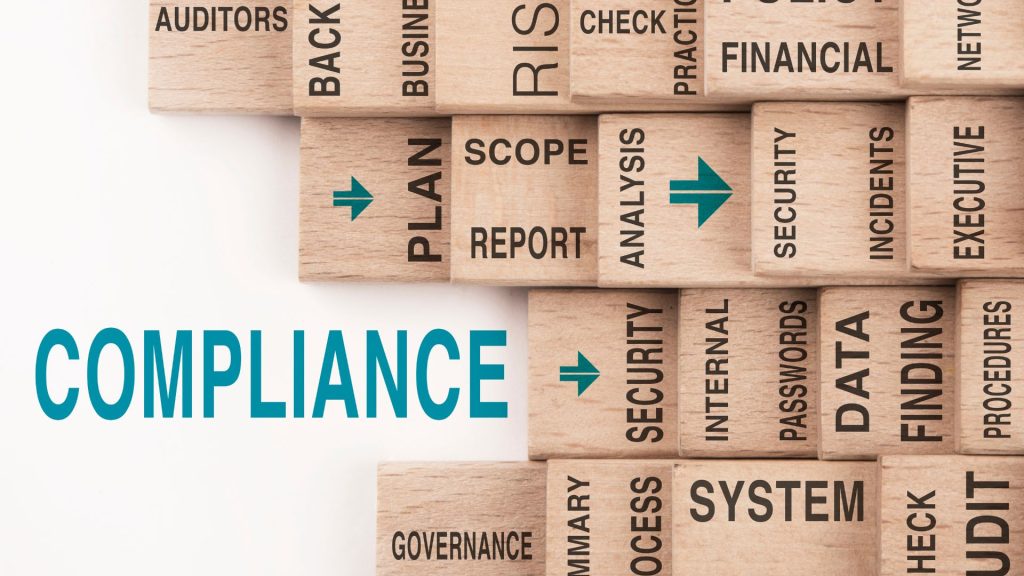Enhancing trade compliance is pivotal for ensuring that businesses adhere to international standards, thereby promoting a transparent and trustworthy global marketplace.
TBAML Committee is a senior management level committee headed by the organization’s Chief Executive Officer or CEO to look after trade-related issues and matters, including money laundering and terrorist financing risks. TBAML Committee’s secretary is the trade-based money laundering reporting officer or TBMLRO.
TBAML Committee shall enhance the trade-based compliance oversight role in the areas of ML/TF risks associated with trade transactions. In this respect, Committee shall institute clear policies and procedures defining the responsibilities of the board of directors and TBAML Committees.
Enhancing Trade Compliance
The TBAML Committee performs the following broader roles:
Development and implementation of Trade Customer Risk Profiling Framework and Transaction Monitoring System for managing ML/TF risks;
Implementation of technology-based trade solutions;
Periodic review of distinct risk profiles and trade compliance issues and non-compliances;
Review of trade reports, which provide useful insight into the internal controls, to gauge their adequacy to mitigate trade-related ML/TF risks;
Development and implementation of “trade products price verification policy,” including the level of acceptable price variance; and
Ensuring regular trade compliance-related training sessions are provided to trade department officers engaged in processing trade business to enhance their skill set for dealing with ML/TF risks emanating from trade transactions.
Final Thoughts
The TBAML Committee, led by the CEO, serves as a pivotal body within the organization, dedicated to the stringent oversight of trade-related issues, notably money laundering and terrorist financing risks. Instituting precise policies and delineating the responsibilities of both the board of directors and its own members, the Committee’s breadth of function includes the formulation and execution of risk profiling frameworks, leveraging technology for trade solutions, and continual evaluation of trade compliance concerns.
Furthermore, through diligent review of trade reports and the establishment of a trade products price verification policy, the Committee seeks to fortify internal controls against potential ML/TF risks. Importantly, by emphasizing regular training for trade officers, the TBAML Committee ensures the ongoing enrichment of skills to adeptly handle the nuances of ML/TF threats in trade transactions.





